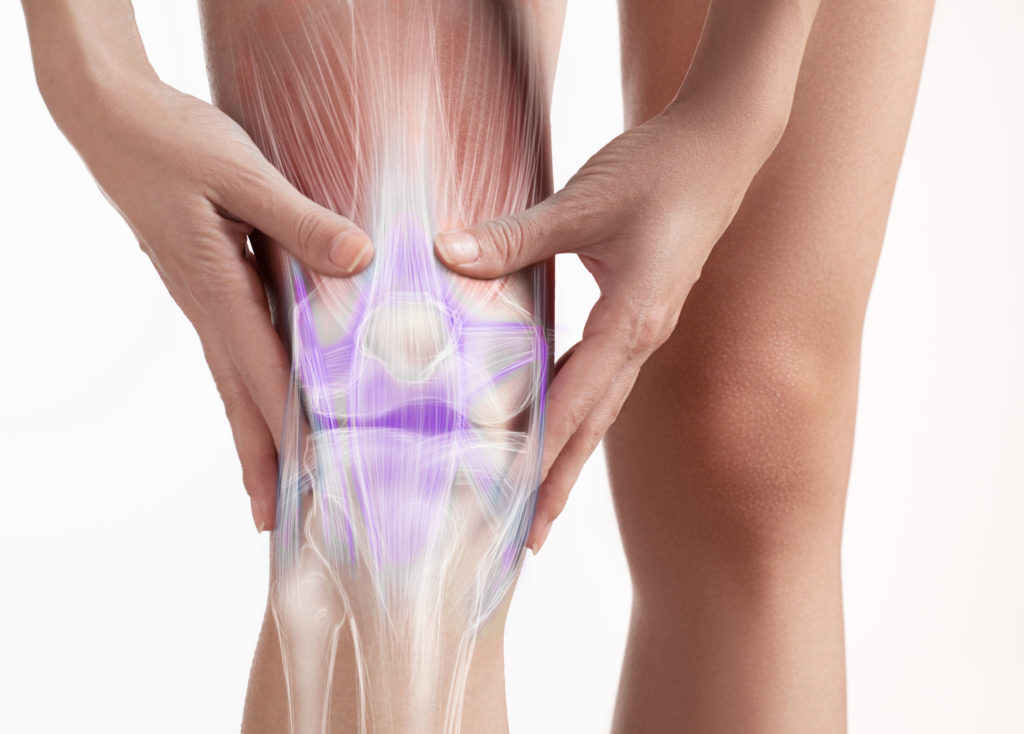Reported Benefits of CBD
CBD (Cannabidiol) is one of the two active substances found in cannabis. Unlike THC, CBD is not psychoactive, meaning it doesn’t give you the “high” associated with cannabis, but it does provide certain benefits such as relieving pain and distress. Every day, new research comes out reporting on the chemical’s various medicinal benefits, and the legal and medical cannabis market has grown rapidly with CBD’s newfound effects.
So, what is the research actually saying? This article breaks down some of the recent studies pertaining to CBD’s benefits.
Note: This article is not a recommendation to self-medicate with CBD, nor does it argue that the research is without limitations. Use of CBD to treat specific symptoms and diseases can only be recommended by a medical professional in a state where medical CBD use is legal.

Probably the most reported benefit of the chemical, CBD can be a powerful option for pain relief. Though researchers aren’t certain why, CBD is thought to attach itself or influence pain receptors in the brain, reducing their activity and therefore numbing both neuropathic (brain-related) and musculoskeletal (bone- and muscle-related) pain.
CBD is seen by some as a viable alternative to painkillers, such as opioids, because CBD does not create patterns of addiction – the substance doesn’t artificially increase neurochemicals associated with pleasure, such as dopamine.

CBD may also be useful in the treatment of psychological pain. While its effects on the brain are far from understood, CBD may be the future of psychopharmacology.
When CBD enters the brain, it attaches to cannabinoid receptors, signaling the brain to calm down. Other medications for mental illnesses like schizophrenia, anxiety, depression, and PTSD don’t target cannabinoid receptors, but the research suggests that these receptors may be a powerful way to override disordered thinking and brain chemistry. Researchers have a lot to learn before they can draw meaningful conclusions, but CBD could be our next line of defense against mental illness.

No, CBD probably can’t cure cancer. But it can alleviate the symptoms associated with the disease, as well as the side effects of cancer treatment. CBD has been used as an effective treatment for the nausea and vomiting associated with chemotherapy, not to mention the pain relief previously mentioned.
There is research suggesting that CBD can be used as part of cancer treatment, though the research is in the early stages. One in-vitro study found that CBD can kill breast cancer cells. Other studies confirm that CBD can impair cancer development, though noting that the relationship between cannabis and cancer is not understood.

The last purported benefit of CBD is that it can reduce inflammation. CBD’s stress relieving benefits can help reduce heart damage associated with heart disease, reduce inflammatory brain damage associated with Alzheimer’s, and may help reduce the symptoms and appearance of acne.
Of course, much of this research is still hotly debated, as scientists are still figuring out exactly how CBD and other cannabinoids interact with the brain and body. While much of this research isn’t conclusive, it does suggest that CBD is a powerful chemical that, when prescribed and administered properly, can have lasting relief from chronic pain and the symptoms of disease.
There is research suggesting that CBD can be used as part of cancer treatment, though the research is in the early stages. One in-vitro study found that CBD can kill breast cancer cells. Other studies confirm that CBD can impair cancer development, though noting that the relationship between cannabis and cancer is not understood
Still have questions? Learn more about various cannabis products and options at Jenny’s Dispensary.
We will send news and specials straight to your inbox.
[elfsight_instagram_feed id=”1″]
